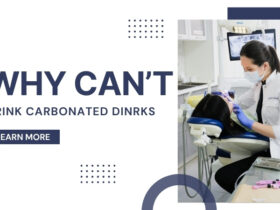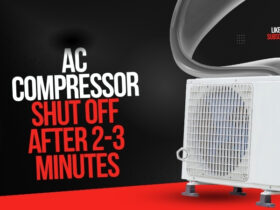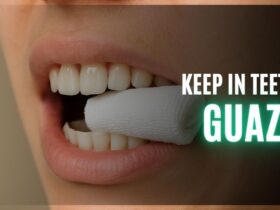Ever left a dental office wondering, “Why is this so expensive?” You’re not alone. Many people ask this same question—especially when even a simple checkup feels costly. But dental bills aren’t random. There are real reasons why your visit to the dentist may come with a hefty price tag.
Dentists are expensive because of high overhead costs, specialized training, advanced equipment, and the complexity of dental procedures.
Let’s break it down in simple terms.

1. Dentists Spend Years in School
Becoming a dentist isn’t easy—or cheap. It takes 8 to 10 years of education, including dental school, which can cost over $200,000. That’s before they even open a clinic. Those years of study and student loan debt are factored into what you pay per visit.
2. Dental Equipment Isn’t Cheap
Take a look around any dental office—everything you see is top-of-the-line. A single dental chair can cost more than a new car. X-ray machines, sterilization systems, and even the small tools they use must meet strict health standards. Maintaining, upgrading, and replacing these tools costs money.
3. Labs and Materials Add Up
Your fillings, crowns, implants, or dentures don’t come from a shelf—they’re custom-made in specialized labs. These labs use high-quality materials and skilled technicians. That craftsmanship comes with a price, and your dentist covers that before the work even begins.
4. Clinic Overhead is High
Running a dental office is like running a small business—only with more regulations and responsibility. Dentists must pay for:
- Staff salaries
- Rent or mortgage
- Insurance and licenses
- Safety equipment and sanitation
- Patient record systems
All these costs happen whether the office sees 10 patients or 100.
5. Specialized Care = Higher Skill
Many dental procedures—like root canals, gum surgery, or braces—require years of specialized training. Dentists must constantly update their skills through ongoing education, workshops, and certifications. You’re not just paying for time—you’re paying for expertise.
6. Insurance Doesn’t Cover Much
Dental insurance isn’t like health insurance. It often covers only basic cleanings and exams. Major procedures like crowns, root canals, or extractions are usually only partially covered—if at all. This means the rest of the cost comes out of your pocket.
7. Prevention is Still Cheaper Than Fixing
Skipping checkups might seem like a money-saver, but it often leads to bigger problems later. A small cavity now could become a root canal later. A cleaning may seem pricey—but replacing a tooth? That’s much worse. In the long run, preventive care actually saves you money.
8. Location Also Matters
Dental prices vary by city or country. Rent and wage costs are higher in big cities, so dentists there may charge more to cover expenses. Rural areas might be cheaper—but also harder to access for regular care.
How Can You Save on Dental Care?
- Go for regular cleanings – they’re cheaper than repairs.
- Look for dental schools – they offer supervised care at lower prices.
- Consider dental plans if insurance isn’t available.
- Practice good oral hygiene – brush, floss, and eat smart.
Yes, they are. Dentists complete years of rigorous schooling, including earning a doctoral-level degree, which contributes to the value and cost of their services.
Final Thoughts
Dentists aren’t overcharging—they’re covering real costs. From years of training to specialized tools and minimal insurance support, it all adds up. But taking care of your teeth regularly can help you avoid the bigger, more expensive problems later on.
Good dental health is an investment—not just in your smile, but in your overall well-being.















Leave a Reply